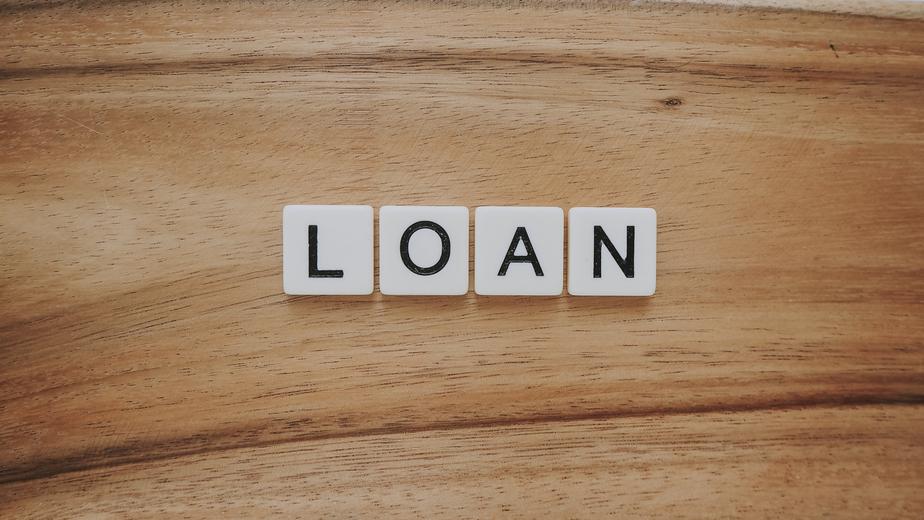Your mortgage likely will be one of your largest debts during your lifetime. And, depending on your choices, your home can help you build wealth, or destroy your credit and net worth. Fortunately, it doesn’t have to be difficult to make smart choices about home financing. You just need to avoid these seven mortgage mistakes.
1. Borrowing without a generous down payment
Your lender will typically require about 20 percent down before approving you for a loan, and you’ll have to pay private mortgage insurance (PMI) if you make a smaller down payment. Although you can get a home loan with as little as 3.5 percent down— with an FHA loan, for instance—that doesn’t mean you should. Borrowing almost the entire value of your home means you risk owing more than your home is worth if the value falls even a little. Not only does that makes refinancing almost impossible, it also could leave you unable to live anywhere else. That is unless you can afford to pay off your loan in order to sell for less than your house is worth, or you’re willing to ding your credit with a short sale or foreclosure. A down payment gives you equity. Even if property values fall, you won’t be in dire trouble if you sell. It also can lower your mortgage rate. If you aren’t able to save for a 20 percent down payment, you still might want to wait until you have at least 10 percent of the home’s value to put down so you can minimize your chances of ending up underwater (or owing more than your home is worth).
2. Borrowing more than you can afford
Homeownership is expensive. After all, you’re paying the upfront closing costs, as well as ongoing costs like your mortgage, property taxes, insurance, homeowner’s association fees, and home maintenance and repairs. You may not be able to repay your loan if you stretch yourself too thin, which means you could lose your house and ruin your credit. Even if you can just barely make your payments, you could add stress to your life and render yourself unable to accomplish key financial goals. To avoid this, aim to your total housing costs—including your mortgage and other expenses—to about 30 percent or less of your income.
3. Taking out a loan you don’t understand
While there are many types of mortgages, the easiest and arguably best for many borrowers is a 30-year fixed-rate mortgage that provides fixed monthly payments for the life of your loan. Another is an adjustable-rate mortgage, which charges a large balloon payment at the end. There could be times when it makes sense to look beyond the basic 30-year loan, but make sure you understand every detail about the financing responsibilities you’re assuming—including how high your payments will rise. Otherwise, you might face surprise expenses you can’t easily cover.
4. Failing to get pre-approval before shopping for a home
Not only does getting pre-approved enable you to compare interest rates, but it also makes you a more competitive homebuyer. When you submit an offer, most homeowners want to see a pre-approval letter to know you have a good chance of securing financing. Getting pre-approved also helps you avoid looking at homes you can’t afford or falling in love with one that’s out of your price range.
5. Making big financial changes before closing on your loan
Once you’ve been pre-approved for a loan, don’t do anything that jeopardizes that approval, such as changing jobs or taking on new debt. It can be especially important not to do these things after you have gotten final approval on your loan and are waiting to close. If you make changes, your lender could determine that you no longer are a qualified borrower. That could delay closing on your loan, or even worse, cause the entire deal to fall apart.



